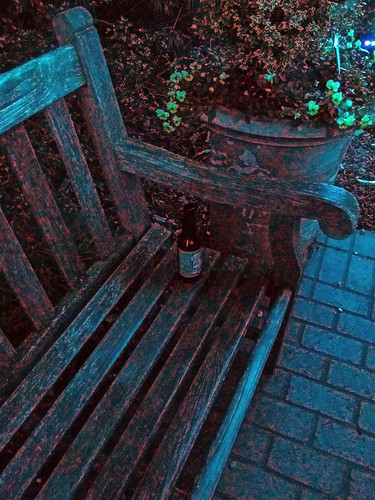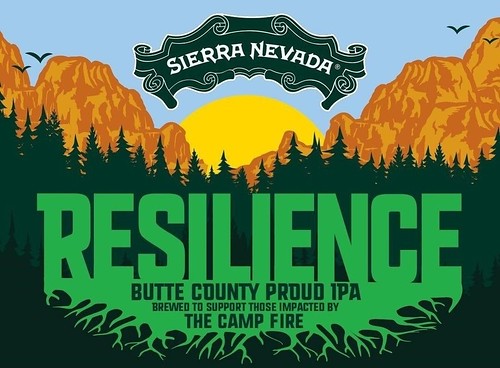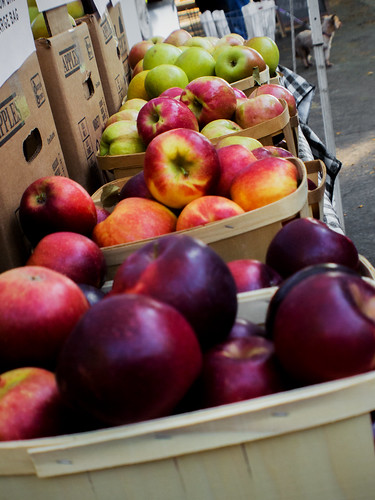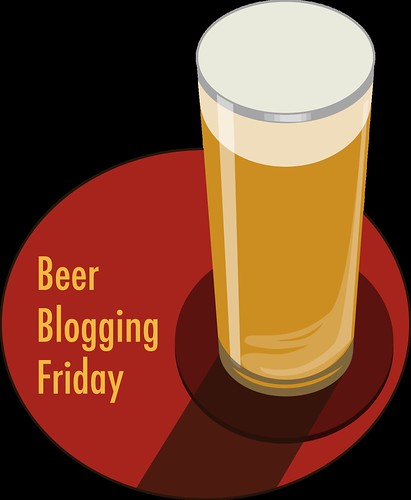It's pink; it's prolific; it's native to the southeastern U.S. It's pink muhly grass.
Scientifically Muhlenbergia capillaris and also called hair-awn muhly or pink hairgrass ...
this southeastern native grass is found in both the Piedmont and the Coastal Plain regions but in different environments. According to the Flora of the Southern and Mid-Atlantic States (May 2015), in the Piedmont it is found “primarily in clayey or thin rocky soils (especially in areas which formerly burned and were prairie-like) and in open woodlands.” In the Coastal Plain, the habitat description is “in savannas, dry woodlands, and coastal grasslands (where sometimes in close proximity with M. sericea), in the Mountains around calcareous rock outcrops.”— Using Georgia Native Plants
In the photo above, pink muhly grass is extensively planted about a two-acre pond in Atlanta, Georgia's Historic Fourth Ward Park where (until 2011) ...
stood little more than cracked asphalt and trash-strewn fields [but that now] provides not only an arresting visual and natural gathering place, but also serves in a functional capacity as a stormwater detention basin. In this role, the lake increases the sewer capacity, reduces the burden on aging city infrastructure, and minimizes downstream flooding and property damage. The use of native plants helps reduce the cost of maintaining the 17-acre park, and organic land-care with dynamic soil biology helps reduce the need for irrigation, minimize storm water runoff, and curtail the likelihood of disease.— Historic Fourth Ward Park Conservancy
Top photo: 18 November 2018. Bottom photo: 31 October 2018.
-----more-----























